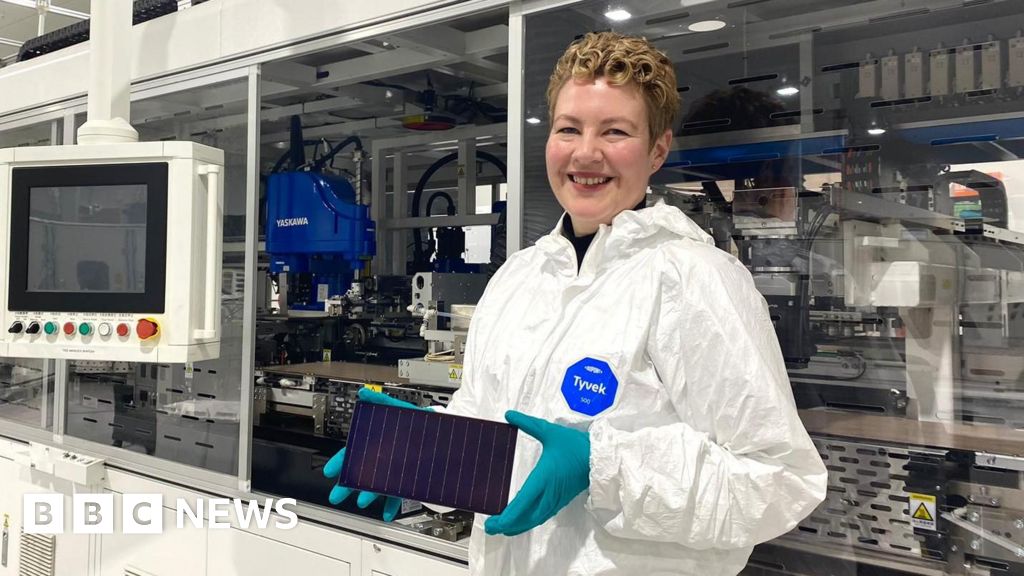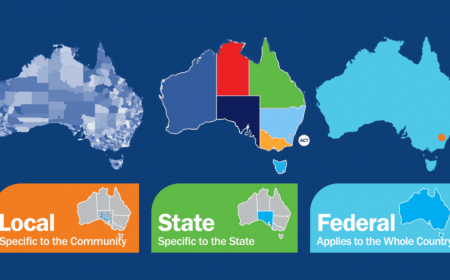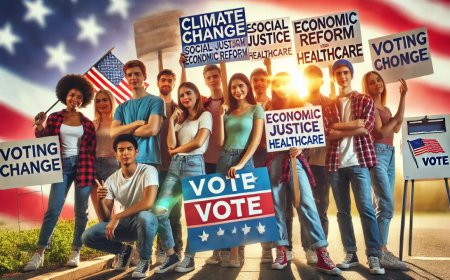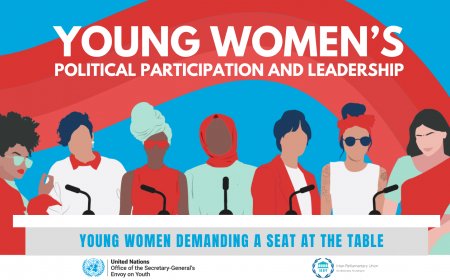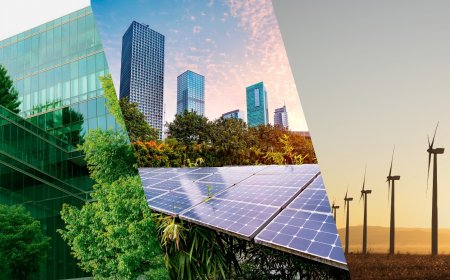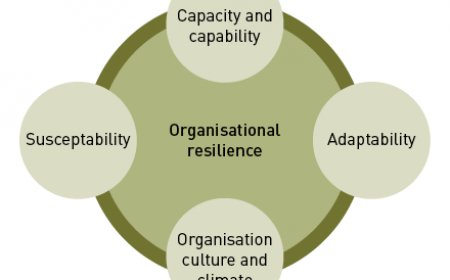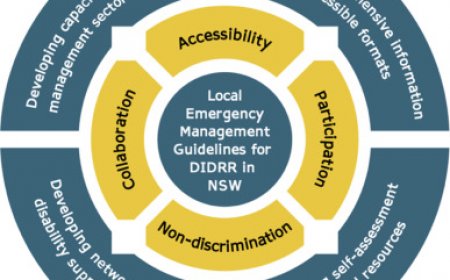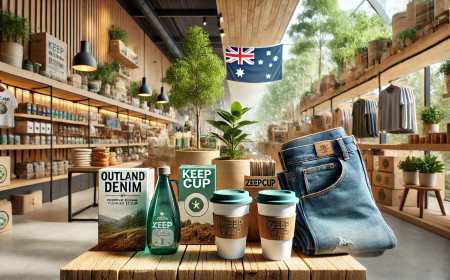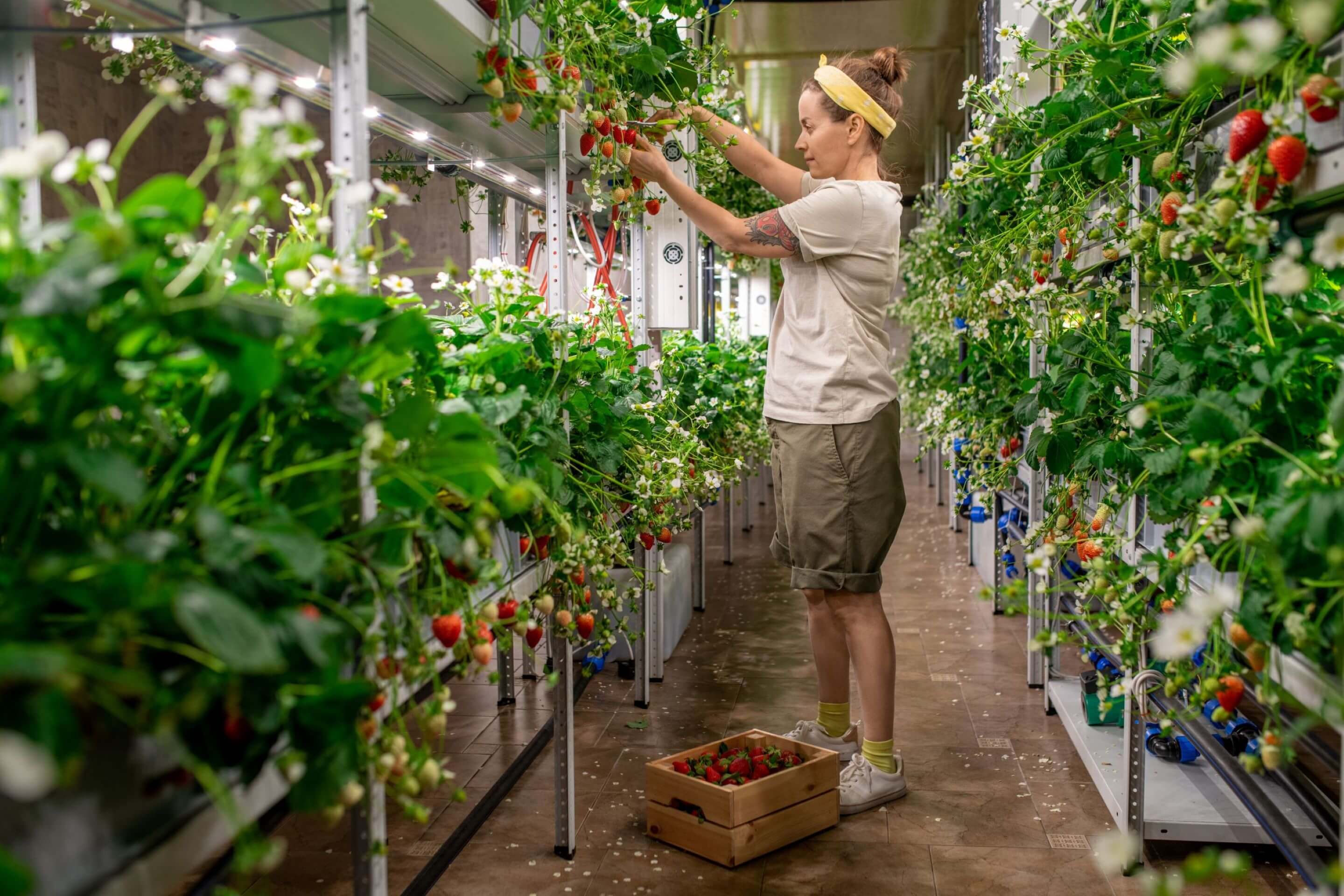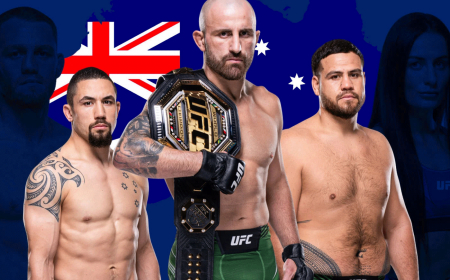United Kingdom: Sustainable Fashion and Eco-Friendly Trends
Discover how the United Kingdom is leading the charge in sustainable fashion and eco-friendly trends. Explore key innovations, challenges, and actionable tips to support a greener future for the fashion industry.
The United Kingdom has emerged as a global leader in the movement toward sustainable fashion and eco-friendly trends , setting an example for other nations to follow. As environmental concerns grow, consumers are increasingly demanding transparency, ethical practices, and innovative solutions from the fashion industry. This article explores the evolution of sustainable fashion in the UK, highlighting key trends, challenges, and opportunities that are shaping the future of this dynamic sector.
Why Sustainable Fashion Matters in the UK
The fashion industry is one of the most polluting sectors globally, contributing significantly to carbon emissions, water pollution, and textile waste. In response, the UK has taken bold steps to address these issues through policy reforms, consumer education, and technological advancements.
Environmental Impact of Fast Fashion
Fast fashion has long been criticized for its detrimental effects on the environment. Cheaply produced garments often end up in landfills after only a few wears, exacerbating the problem of textile waste . According to recent studies, the UK alone discards approximately 300,000 tonnes of clothing annually, much of which is non-biodegradable.
"The shift toward sustainable fashion is not just a trend; it's a necessity for the survival of our planet."
Consumer Awareness and Demand
Consumers in the UK are becoming more conscious of their purchasing decisions. A survey conducted by the Ethical Consumer revealed that over 60% of British shoppers now prioritize sustainability when buying clothes. This growing awareness has pushed brands to adopt eco-friendly practices and offer transparent supply chains.
Factors Driving Consumer Behavior
- Increased media coverage of environmental issues
- Growing interest in ethical consumption
- Influence of social media campaigns advocating sustainability
Key Trends Driving Sustainable Fashion in the UK
Several key trends are reshaping the landscape of sustainable fashion in the UK. These include the rise of circular fashion , the adoption of biodegradable materials , and the integration of technology into sustainable practices.
Circular Fashion: Redefining Consumption
Circular fashion focuses on creating a closed-loop system where garments are reused, recycled, or repurposed instead of being discarded. Brands like People Tree and Rapanui have pioneered this approach by offering take-back programs and upcycling initiatives.
Benefits of Circular Fashion
- Reduces textile waste
- Minimizes resource consumption
- Encourages mindful consumption
Examples of Circular Initiatives
- H&M’s Garment Collecting Program : Customers can drop off old clothes at H&M stores, which are then recycled or repurposed.
- Levi’s SecondHand : Levi’s launched a platform for buying and selling pre-loved denim, promoting reuse and reducing waste.
Biodegradable Materials: A Game-Changer
Innovations in fabric technology have led to the development of biodegradable materials such as Tencel , hemp , and organic cotton . These materials decompose naturally, reducing the environmental impact of clothing production.
Advantages of Biodegradable Fabrics
- Lower carbon footprint compared to synthetic fibers
- Reduced reliance on harmful chemicals during production
- Enhanced soil health when composted
Case Study: Tencel
Produced by Lenzing Group, Tencel is derived from sustainably sourced wood pulp. It requires less water and energy to produce than conventional fabrics and decomposes naturally at the end of its lifecycle.
Technology Integration
From AI-driven design tools to blockchain-enabled supply chain tracking, technology is playing a pivotal role in advancing sustainable fashion. For instance, Stella McCartney uses digital platforms to trace the lifecycle of her products, ensuring ethical sourcing and production.
Technological Innovations in Fashion
- AI Design Tools : Predict trends and optimize material usage, reducing waste.
- Blockchain Transparency : Tracks every step of the supply chain, ensuring accountability.
- Virtual Try-Ons : Reduces returns and minimizes shipping-related emissions.
Government Initiatives Supporting Sustainability
The UK government has implemented several initiatives to promote sustainable fashion and reduce the industry's environmental footprint. These efforts underscore the country's commitment to achieving net-zero emissions by 2050.
Extended Producer Responsibility (EPR)
Under the EPR framework, fashion brands are held accountable for the entire lifecycle of their products, including disposal. This policy incentivizes companies to design durable, recyclable garments.
Impact of EPR
- Encourages innovation in product design
- Reduces landfill waste
- Promotes recycling infrastructure
Fashion Industry Charter for Climate Action
Launched in collaboration with the United Nations , this charter brings together stakeholders across the fashion value chain to set ambitious targets for reducing greenhouse gas emissions.
Goals of the Charter
- Achieve 30% reduction in emissions by 2030
- Transition to renewable energy sources
- Foster collaboration among brands and suppliers
Tax Incentives for Sustainable Practices
The UK government offers tax breaks to businesses that invest in sustainable technologies and processes. This financial support helps smaller brands adopt eco-friendly practices without compromising profitability.
Challenges Facing Sustainable Fashion in the UK
Despite significant progress, the sustainable fashion movement faces several challenges that need to be addressed to ensure long-term success.
High Costs of Sustainable Production
Producing eco-friendly garments often involves higher costs due to the use of premium materials and ethical labor practices. This can make sustainable fashion less accessible to budget-conscious consumers.
Strategies to Overcome Cost Barriers
- Implement economies of scale to reduce per-unit costs
- Offer rental services to increase affordability
- Educate consumers about the long-term value of sustainable products
Greenwashing Concerns
Some brands engage in greenwashing—misleading consumers about the sustainability of their products. This undermines trust and hinders the growth of genuine sustainable initiatives.
How to Combat Greenwashing
- Strengthen regulations and enforcement mechanisms
- Provide clear labeling and certifications
- Empower consumers to verify claims through third-party audits
Limited Consumer Education
While awareness is increasing, many consumers still lack knowledge about how to identify truly sustainable brands and products. Bridging this gap requires targeted educational campaigns.
Steps Toward Better Education
- Partner with schools and universities to teach sustainability principles
- Launch public awareness campaigns using social media and traditional media
- Develop user-friendly apps that rate brands based on sustainability metrics
How UK Consumers Can Support Sustainable Fashion
Individual actions play a crucial role in driving the shift toward sustainable fashion. Here are some practical steps consumers can take:
- Buy Less, Choose Well : Prioritize quality over quantity by investing in timeless pieces that last longer.
- Support Ethical Brands : Research brands that align with your values and prioritize sustainability.
- Embrace Second-Hand Shopping : Thrift stores and online resale platforms offer affordable, eco-friendly alternatives.
- Repair and Upcycle : Extend the life of your garments by repairing them or transforming them into something new.
- Educate Yourself : Stay informed about the latest developments in sustainable fashion and share your knowledge with others.
Case Studies: Leading Sustainable Fashion Brands in the UK
Several UK-based brands have made remarkable strides in promoting sustainability within the fashion industry. Let’s explore a few notable examples.
People Tree
Founded in 1991, People Tree is a pioneer in fair trade and sustainable fashion. The brand collaborates with artisans in developing countries to create ethically produced clothing using organic materials.
Key Achievements
- Certified by the World Fair Trade Organization (WFTO)
- Uses natural dyes and low-impact production methods
- Supports women artisans through fair wages and safe working conditions
Stella McCartney
Renowned for her commitment to cruelty-free and sustainable fashion, Stella McCartney incorporates innovative materials like vegan leather and recycled polyester into her designs.
Notable Innovations
- Developed Mylo™, a mushroom-based leather alternative
- Eliminated PVC from all products since 2010
- Partners with organizations like Parley for the Oceans to combat plastic pollution
Rapanui
Based on the Isle of Wight, Rapanui specializes in organic cotton apparel and operates a circular business model. Customers can return old items for recycling in exchange for discounts.
Unique Features
- Powered by renewable energy
- Offers a transparent supply chain map
- Designs modular clothing that can be easily repaired or upgraded
Tips for Identifying Truly Sustainable Brands
With so many brands claiming to be sustainable, it can be challenging to discern authenticity. Here are some tips to help you identify genuinely eco-friendly options:
- Look for certifications such as GOTS (Global Organic Textile Standard) and Fair Trade .
- Check if the brand provides detailed information about its supply chain and production processes.
- Avoid brands that lack transparency or rely heavily on vague terms like "green" or "eco-friendly."
Comparison Table: Sustainable vs. Fast Fashion
Review: Verdict on Sustainable Fashion in the UK
The UK's journey toward sustainable fashion is both inspiring and transformative. While challenges remain, the collective efforts of governments, businesses, and consumers are paving the way for a greener future. By embracing innovation, fostering transparency, and prioritizing ethical practices, the UK is poised to become a global benchmark for sustainable fashion.
Conclusion
Sustainable fashion represents a paradigm shift in how we view and interact with clothing. In the UK, this movement is gaining momentum, driven by heightened consumer awareness, supportive government policies, and pioneering brands. As individuals, we hold the power to drive change by making informed choices and supporting ethical practices. Together, we can create a fashion industry that respects both people and the planet.
10 FAQs About Sustainable Fashion in the UK
-
What is sustainable fashion?
Sustainable fashion refers to clothing designed, manufactured, and consumed in ways that minimize environmental impact and promote social responsibility. -
Why is sustainable fashion important?
It addresses critical issues like climate change, resource depletion, and unethical labor practices. -
Which UK brands are known for sustainability?
Notable brands include People Tree, Stella McCartney, and Rapanui. -
How can I shop sustainably?
Buy from ethical brands, choose second-hand options, and repair existing garments. -
What are biodegradable materials?
These are fabrics that break down naturally without harming the environment. -
Is sustainable fashion expensive?
While initial costs may be higher, the longevity of sustainable garments often makes them more cost-effective in the long run. -
What is greenwashing?
Greenwashing occurs when companies falsely claim their products are environmentally friendly. -
How does the UK government support sustainable fashion?
Through policies like Extended Producer Responsibility and the Fashion Industry Charter for Climate Action. -
What is circular fashion?
Circular fashion aims to eliminate waste by reusing, recycling, or repurposing garments. -
Can technology improve sustainability in fashion?
Yes, innovations like AI and blockchain enhance transparency and efficiency in production.
What's Your Reaction?
 Like
0
Like
0
 Dislike
0
Dislike
0
 Love
0
Love
0
 Funny
0
Funny
0
 Angry
0
Angry
0
 Sad
0
Sad
0
 Wow
0
Wow
0


